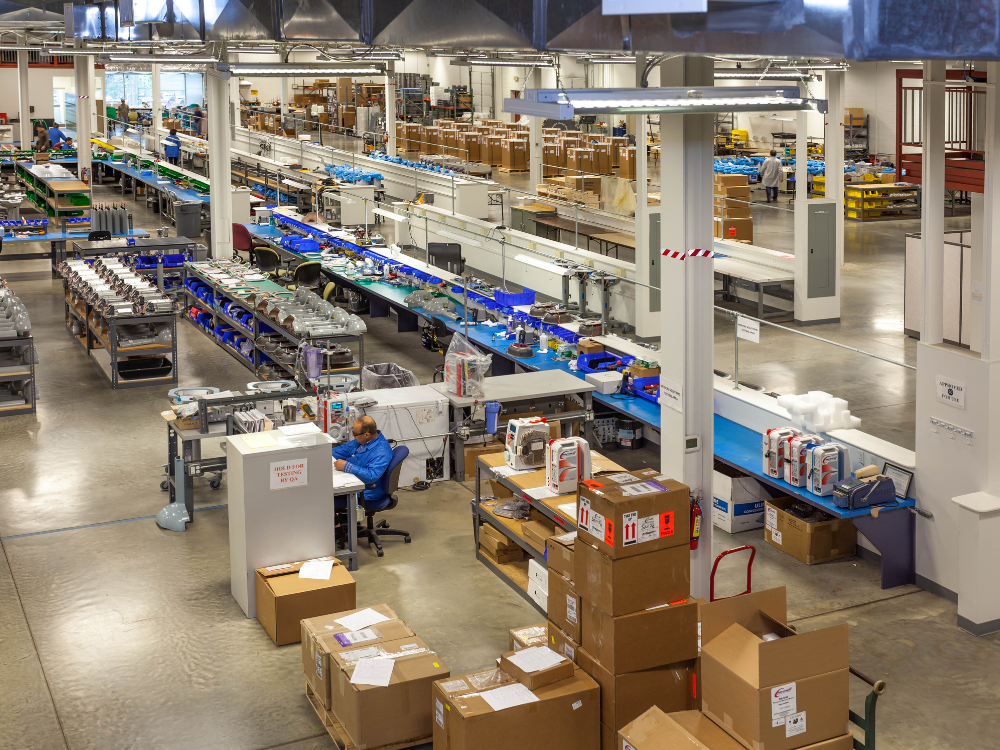Partnering with a contract manufacturer based in the USA can be a smart move for businesses in the healthcare and pharmaceutical sectors. However, in these highly regulated industries, choosing a contract manufacturing company that compromises on quality is simply not an option. Mistakes can jeopardize product safety, harm your reputation, and lead to severe regulatory consequences.
In this guide, we’ll outline the essential factors to consider when selecting a contract manufacturer that truly aligns with your quality standards and helps you navigate these complex industries.

Quality Assurance (QA) Processes
A reputable contract manufacturer will have well-defined QA processes in place that provide a framework for ensuring product quality and regulatory compliance.
Key areas to assess include:
- Design Controls: How does the company ensure products are designed to meet customer and regulatory requirements?
- Change Control: How are changes to product design, manufacturing processes, or materials evaluated and managed?
- Corrective and Preventive Action (CAPA): What is the manufacturer's system for addressing nonconformities, identifying root causes, and preventing recurrence?
Check the Contract Manufacturer's Regulatory Compliance
Navigating the complex regulatory landscape of the healthcare and pharmaceutical industries demands expertise and a meticulous approach. Your chosen full-service contract manufacturer must be well-versed in the specific regulations governing your product type and target markets. It’s crucial to inquire about their regulatory knowledge, certifications, and track record:
- Certifications: Do they hold relevant certifications, such as ISO 13485 (medical devices) or cGMP (pharmaceuticals)? These certifications demonstrate their adherence to recognized quality standards.
- Audit History: What is their track record with regulatory audits? Ask for summaries of recent audits and any corrective actions taken. A history of successful audits indicates strong compliance practices.
- Regulatory Expertise: Does the manufacturer have dedicated regulatory specialists on staff? Can they provide support with regulatory submissions and address changing requirements?
- Global Reach: If you plan to market your product internationally, ensure the contract medical device manufacturer has experience working with regulatory bodies in your target markets.
Track Record with Similar Products
Choose a contract manufacturer with experience producing products similar to yours within your industry. This experience demonstrates a proven ability to navigate regulatory frameworks, understand the specific requirements and challenges involved, and consistently manufacture products to the necessary standards.
Ask for case studies or examples of past projects that are relevant to your product and target market. A successful track record provides confidence that the manufacturer possesses the knowledge and expertise to meet your quality expectations.
Quality Control Measures
Ask potential contract manufacturers about their specific quality control practices, including the types of tests they perform, the frequency of testing, and how they document and analyze test results.
Understanding their quality control systems will give you valuable insights into their commitment to ensuring the quality of your products.
Here are some questions to ask:
- How are raw materials tested for conformity?
- What checks are performed during various stages of production?
- What are the final product testing procedures and acceptance criteria?
Documentation and Traceability
Rigorous documentation is vital in regulated industries. Ensure the contract manufacturer has systems in place to maintain detailed records throughout the entire production process. This includes meticulous records of material lot numbers, test results, production steps, and any deviations or changes.
Full traceability of materials is essential for product safety and to facilitate recalls if necessary. The manufacturer should be able to track every component of your product back to its source and through every phase of manufacturing. This traceability should extend to any subcontractors or suppliers involved in the process.
When evaluating potential partners, ask about their document control systems, record retention policies, and their ability to provide you with the necessary documentation to support your own regulatory filings and compliance requirements.
Supplier Qualification and Monitoring
Your product’s quality is directly linked to the quality of its components, making the manufacturer’s supplier management practices critical. Verify that they have robust processes in place for qualifying and monitoring their suppliers:
- Supplier Qualification: Rigorous system to evaluate & approve suppliers based on quality, compliance, and performance.
- Supplier Monitoring: Track supplier metrics for quality, delivery, & responsiveness; conduct regular audits.
- Corrective Actions: Procedures to address supplier issues may include improvement plans, extra checks, or replacements.
Continuous Improvement Practices
Look for a contract manufacturer that embraces continuous improvement as part of their quality philosophy. A commitment to continuous improvement demonstrates a proactive approach to maintaining and enhancing product quality.
Ask whether the manufacturer has a systematic method for gathering and analyzing quality data to identify trends and opportunities for improvement.
Do they have a track record of implementing process improvements that boost product quality, reduce defects, and increase manufacturing efficiency?
A manufacturer dedicated to continuous improvement inspires confidence in their ability to consistently deliver high-quality products.
Compliance with Industry Standards
Adherence to industry standards demonstrates a manufacturer’s commitment to quality. Make sure your chosen contract manufacturer complies with relevant standards, such as those set by ISO (International Organization for Standardization).
Compliance with standards like ISO 13485 (for medical devices) indicates that the manufacturer has robust quality systems in place. In addition to certifications, inquire about their familiarity with other industry guidelines or regulations specific to your product and target market.
Risk Management
A proactive approach to risk management is essential for safeguarding product quality, especially in regulated industries like healthcare and pharmaceuticals. Look for a medical contract manufacturer that prioritizes risk management throughout the entire product lifecycle.
Inquire about their risk assessment processes – do they systematically identify potential risks related to product design, manufacturing processes, supply chain, or other areas?
Importantly, the manufacturer should have well-defined mitigation plans to address identified risks and minimize their potential impact on product quality or safety. A risk-aware manufacturer is better equipped to prevent issues and ensure the consistent delivery of high-quality products.
Communication and Transparency
Open and transparent communication is the foundation of a strong partnership with your contract manufacturer.
Choose a partner who values proactive communication and is committed to providing you with regular progress reports, updates on key quality metrics, and a willingness to discuss any challenges or deviations that might arise.
Clear and timely communication builds trust, facilitates collaboration, and enables you to make informed decisions about your product.
Look for a contract manufacturing organization that views you as a true partner, maintaining open channels of communication to ensure that your quality goals and expectations are consistently met.
Contact Us for Flawless Contract Manufacturing Services
At MFG One, we understand the unique challenges of manufacturing products for highly regulated industries. We take pride in offering customized solutions, meeting the strictest quality standards, and ensuring compliance with all applicable regulations.
We offer a full range of solutions including product design and development, engineering and design services, and 3PL services to national and international clients including the USA, the United Kingdom, Canada, and Mexico. While these are just some of the countries we service, we help wherever our clients need us most.
